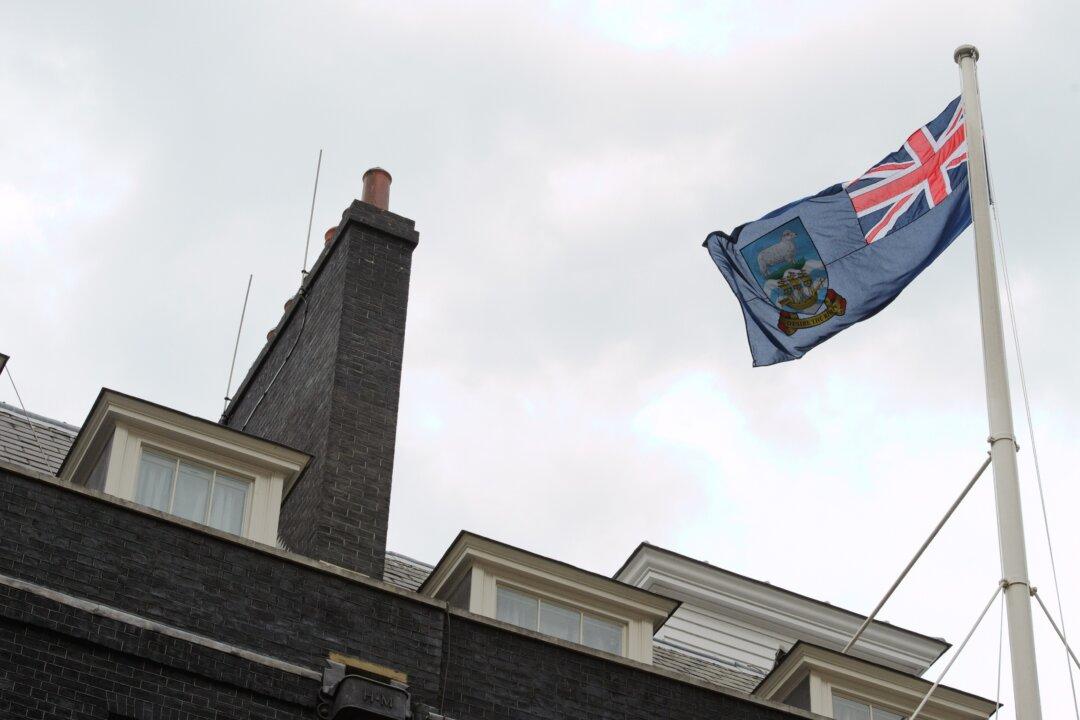Argentina has again asked the UK to restart negotiations over the sovereignty of the Falkland Islands, the Argentine Foreign Ministry has said.
Argentina has continued to lay territorial claims to the British-run islands in the South Atlantic, over which the two countries fought a war in 1982, costing hundreds of lives.





